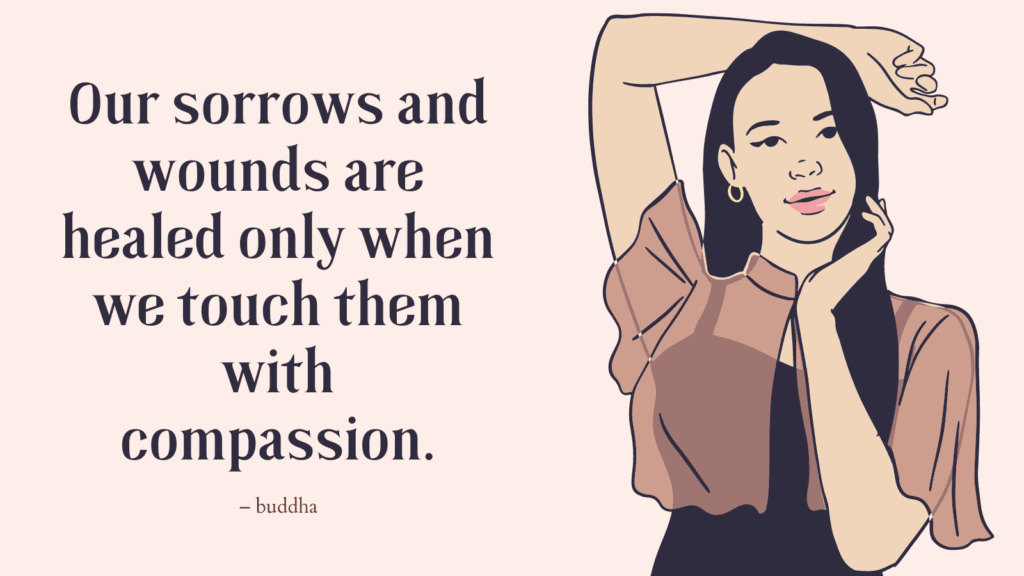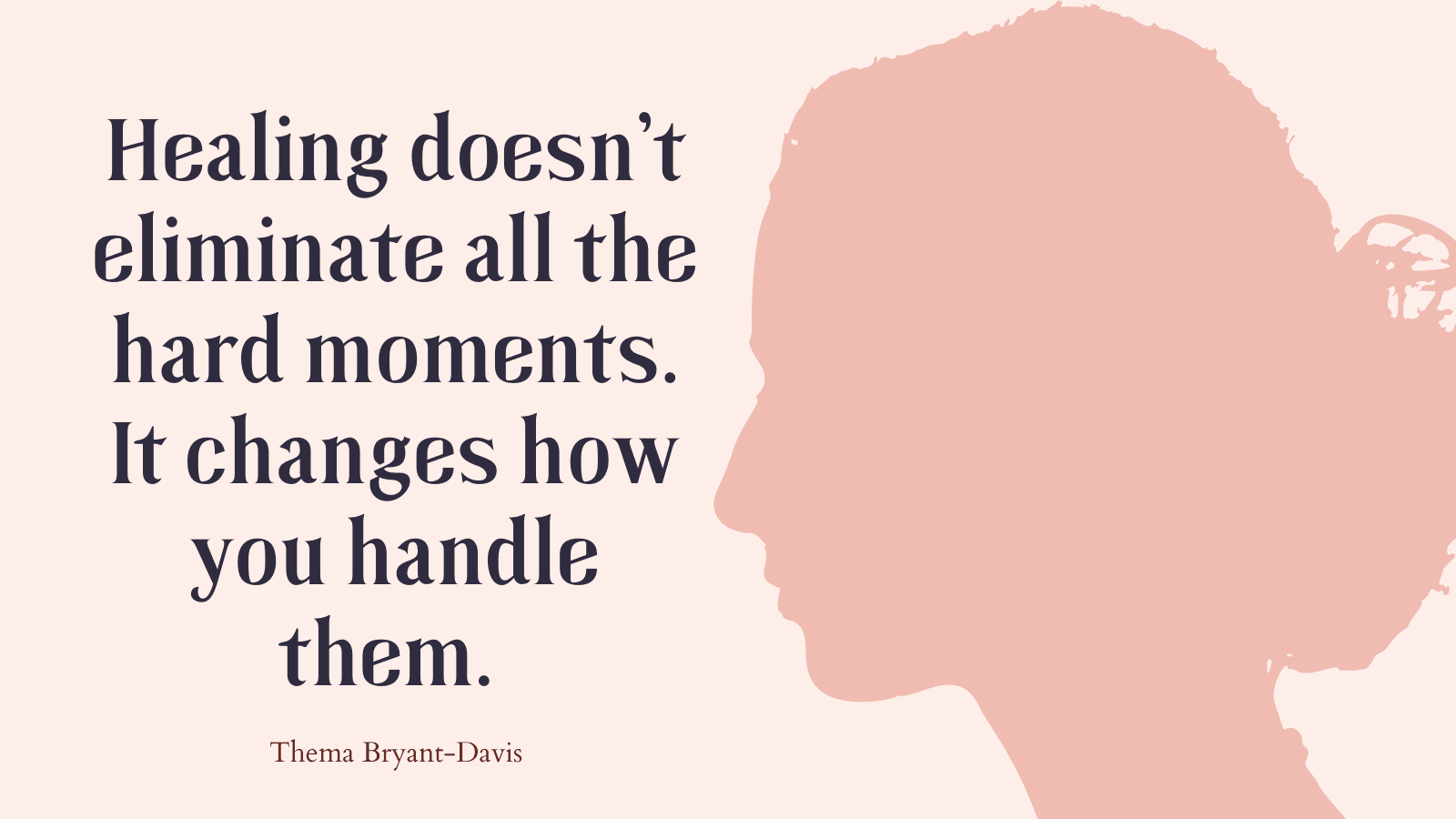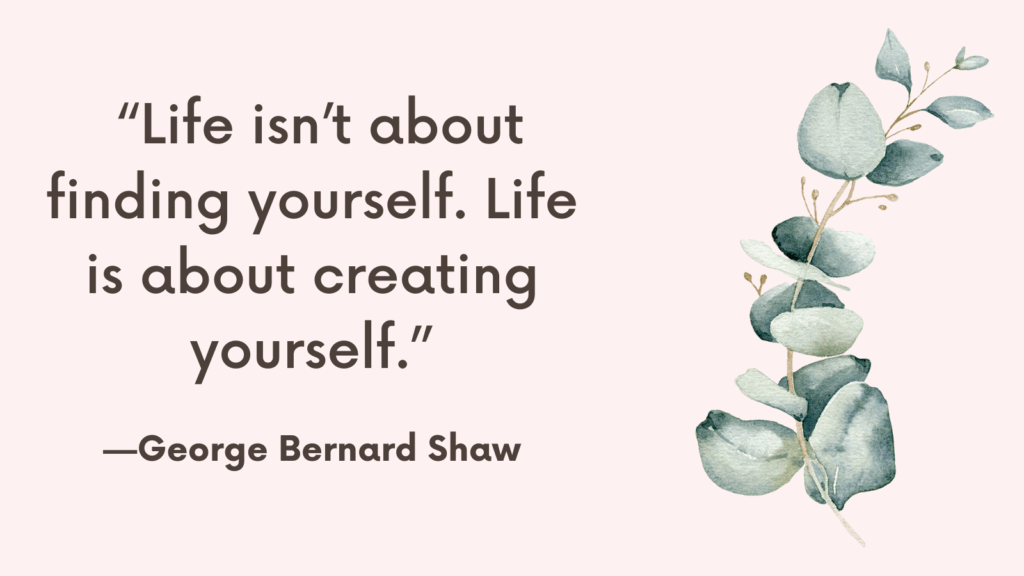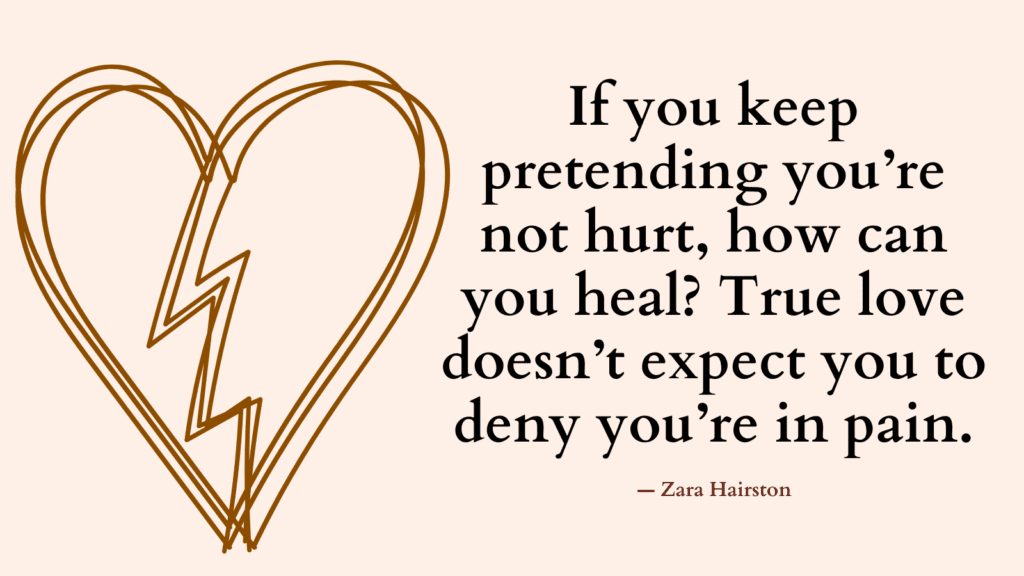Today, you’ll learn all about healing from emotional abuse.
Although emotional abuse always accompanies physical and sexual abuse, it can also be present on its own.
And a lifelong of continual, pervasive, easily denied, and overlooked emotional abuse can be very damaging.
Emotional abuse is hard to spot, easy to deny.
Adults who were victims of emotional abuse might suffer the damage but because they can’t point out a single time their parents hit them or molested them, they end up concluding that they were never abused.
What Is Emotional Abuse?
No one is perfect. We all, occasionally, say or do things we know we shouldn’t. That’s normal and doesn’t constitute abuse.
But when these things become consistent over a period of time, they stop being normal and become abusive.
Emotional abuse is an intentional assault by one individual on another aimed to distort the victim’s view of self and to control them.
Emotional abuse is the most common form of abuse. It can come from the parent who yells in frustration every time their child makes a mistake, “Why can’t you be more like your sister?”
This pattern is repeated over and over again until the repetition obscures the severity.
The victim attempts to minimize the abuse as a denial technique developed to survive emotionally through the abuse. The child might begin to think that it’s not a big deal and even agree with the criticism.
If you have grown up in an abusive family, you’re probably not the best judge.
Because it’s all you’ve known, your sense of normalcy might be distorted. If you’re in an abusive relationship now, you probably won’t see anything different to point to the reality of abuse.
Although you’re not the best judge, you are really the only judge.
You need to start asking yourself, “Where does constructive criticism end and abuse begin?”
Related: 18 Steps to Heal From a Narcissist Relationship
30 Signs You Were Emotionally Abused As a Child
The following are signs you might be a victim of emotional abuse by one or both of your parents:
1. You never felt like they approved of you.
2. You had a hard time pleasing them.
3. You often felt disconnected from them emotionally.
4. You rarely felt safe or protected at home as a child.
5. They always wanted you to be more than you are.
6. You weren’t allowed to express emotions as a child.
7. When you think back on your childhood, more bad memories come to mind than good ones.
8. Growing up, you were always wrong and they were always right.
9. They often had a way of always letting you know how stupid you were.
10. You’d often get into arguments with them but you never win.
11. Whenever you got into a fight with them, they would always bring up every mistake you’d ever made.
12. They often yelled at you instead of speaking to you.
13. You weren’t allowed to question their decisions.
14. They never actually hit you, but the threat was always implied.
15. Their moods were always up and down. You could never be sure from moment to moment what their mood would be.
16. Growing up you felt like you had two families. The private one at home and the one showed in public.
17. You often felt more like a parent than a child.
18. They never seemed to want to spend any time with you.
19. You were often left alone as a child.
20. They seemed happier when you didn’t bother them.
21. Most of the time you felt on your own.
22. You don’t speak up for yourself when you’re confronted by someone else.
23. You don’t trust your own judgment and will go with someone else’s opinion, even if it goes against your “gut” feeling.
24. Your current relationship could be called an abusive one.
25. Even though you’re abused, you believe you love my mate.
26. You really believe your partner will change.
27. You feel like you have to conceal part of yourself from your partner.
28. It’s hard for you to open up and be vulnerable with another person.
29. You use alcohol/drugs and other addictions to help get through life.
30. Sometimes you just feel too tired to cope with life.
Related: Living With a Narcissistic Parent: How to Cope With Your Narcissistic Parent?
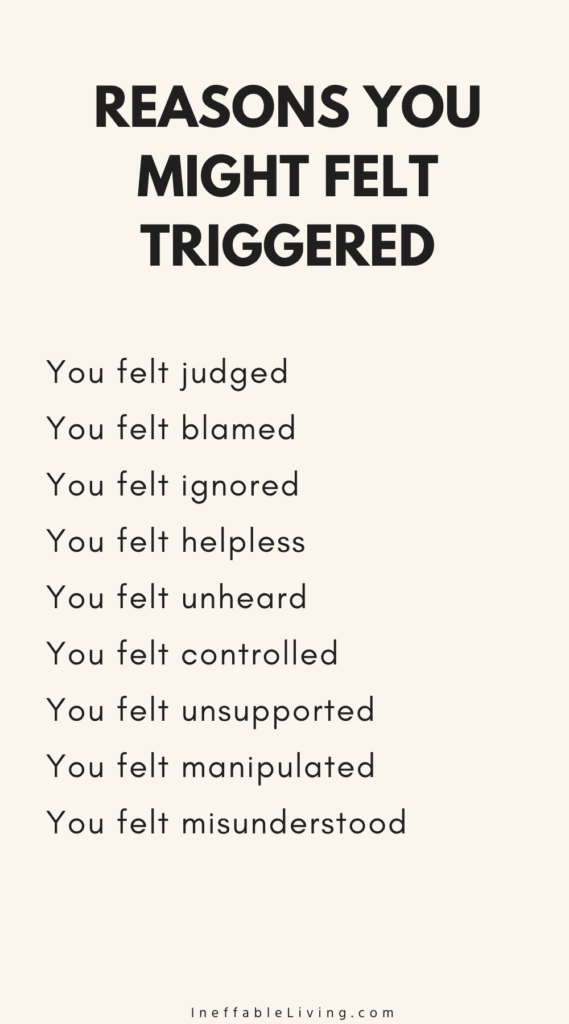
Healing From Emotional Abuse
#1. Identify Your Abuse: Three Types of Emotional Abuse
Healing begins when you stop running and hiding from the truth, and face it and accept it.
Recognizing your abuser and becoming aware of the types of abuse they used on you is the first step to healing.
1. Emotional Abuse through Words
The most common type of emotional abuse is verbal abuse. Abusers would use their words to control, wound, or humiliate their victims.
These words and messages, repeated often and forcefully, infiltrate the inner being of their victims and shape the way they view themselves.
Verbal abuse can take one of these forms:
- Forcing you to always accept their opinion and refusing to consider yours.
- Whenever there is a disagreement, they have to be right and have the last say.
- Using harsh judgments of you as a person or of your behavior in order to control you by making you feel ashamed and guilty.
- Using comments like, “You’re stupid! How could anyone make such mistake?” to devalue your decisions and feelings.
- Using sarcasm to dig up past issues, or belittle you as a person.
- Using unrealistic and undeserved false guilt, by manipulating fact, minimizing the good, and magnifying your mistakes, in order to control your behavior.
- Giving a sermon for every situation, especially to point out even the smallest mistakes.
- Bring up over and over again every past issue despite telling you that you are forgiven, to shame you and control you.
- Using screaming and name calling to control you.
- Giving you the silent treatment as their way to punish and control you.
Related: 10 Signs You’re In a Relationship With a Narcissist
2. Emotional Abuse through Actions
Emotional abuse can come accompanied by actions, such as physical intimidation, manipulation, and other physical threats.
Emotional abuse through action can take one of these forms:
- Displaying moods and behavior swing in a way that removes any sense of safety and consistency from your relationship.
- Having a public persona and a private persona that are distinctly different from each other, with the public persona used as a false front to mask their true nature.
- Playing favorites to humiliate you and control you.
- Reversing relational roles, taking the role of child and leaving you to assume the responsibilities of the parent
3. Emotional Abuse through Neglect
The third type of emotional abuse that can be done without speaking a word or taking action, is abuse through neglect that comes about through indifference or inaction.
Emtional abuse through neglect can take one of these forms:
- The parent physically removes themselves from any interaction in your life.
- The parent provides for the physical needs of life but removes themselves emotionally from any interaction in your life.
Look at the lists above and identify the types of abuse and the messages you experienced the most growing up.
Related: 13 Symptoms and Behaviors of Narcissism You Should Look For
#2. Identify the Effects of Your Abuse: how emotional abuse affects you?
Past emotional abuse can leave damaging effects. Recognizing these effects is the first step to figuring out the best way to deal with them.
While each person is unique the following are some common effects victims of emotional abuse suffer from:
1. Effects on Sense of Self
- low self-esteem
- lack of self-confidence
- transfer of needs
- acting out sexually
- loneliness
- failure syndrome
- perfectionism
- unrealistic guilt
- crisis oriented
- unresolved anger and resentment
2. Psychological Effects
- addictions
- depression
- anxiety
- eating disorders
- panic attacks
- phobias
3. Physical Effects
Your emotional system is chemical- and body-based – what the mind feels, the body experiences.
Chronic stress and other psychological issues related to emotional abuse can wreak havoc on your physical health.
Some of the common physical effects of emotional abuse include:
- allergies/asthma
- digestive disturbances
- hypochondria
- chronic fatigue syndrome
- migraine headaches
- unexplained skin rashes
- unexplained physical pain
4. Effects on Relationships
- lack of intimate relationships
- codependency
- falling into abusive relationships
- isolation from others
- excessive compliance or passivity
Look at the list of effects above and identify the ones you associate with most.
How Emotional Abuse Does Damage?
Emotional abuse gradually wears away at the victim’s self-confidence, sense of self-worth, and trust in their own perceptions and their ability to judge situations realistically.
It often leads to confusion, self-blame, feelings of failure or worthlessness, and even self-destructiveness.
Over time, victims of emotional abuse begin to believe that they are inadequate and unlovable.
The person being abused may wonder, “Am I as bad as he makes me out to be? If I am as bad, maybe no one will love me.”

#3. Understand Why You Chose an Abusive Partner
1. The Repetition Compulsion
If you are abused in your relationships, chances are you’ve been abused as a child, too.
Repetition compulsion is an unconscious need to reenact the same type of abusive relationship you experienced as a child in an attempt to overcome it and accomplish a new outcome.
We’ve all heard the phrase—“he married his mother” or “she married her father.”
In an attempt to undo the past, the repetition compulsion compels us to transfer unmet needs, defense mechanisms, and conflicts from the past onto present relationships. We relive the same story hoping that this time things will be different.
Unless and until we become aware of this unconscious process, we will keep repeating it over and over again.
But there are other reasons why you could have chosen an abusive partner.
2. Low self-esteem
Low self-esteem, whether caused by childhood abuse or neglect or not, can cause you to underestimate your abilities and desirability.
That may have led you to choose someone you perceived as stronger and more confident, but who later became controlling and abusive.
#4. Understand Why You Tolerated The Abuse
This can be extremely difficult because it requires complete self-honesty.
No one wants to admit that they are being abused, much less admitting that they have allowed their partner to abuse them and chose to stay even after realizing they are being abused.
Why do you allow our partners to emotionally abuse us?
If you were abused as a child, you probably don’t know what a healthy relationship looks or feels like. This makes it even harder for you to identify abuse.
Even if you realize that you are being abused, it might be hard to stand up for yourself because you came to believe the things you were told about yourself and came to believe that you are at fault and deserve to be treated in that way.
Emotional abusers tend to blame their partners and not take responsibility for their own part or problems, and this can be confusing, causing the abused partner to doubt their perceptions and reality.
Another reason why people stay in abusive relationships is that they are afraid to be alone. They believe that being in an abusive relationship is better than being alone.
Being alone is so uncomfortable and even frightening to many people. They would put up with almost anything in order to avoid it.
Related: Stop Self-Sabotage: How to Tame Your Inner Teenager and Heal Your Inner Child?
#5. Face Your Feelings of Anger and Hurt
Once you discover the origins of your pattern, in order to complete your unfinished business and break the pattern you’ll need to face your feelings of anger and hurt.
Admit to yourself that you were abused as a child by your parents (or other caretakers).
If you’ve been out of touch with your feelings and have been repressing, ignoring, or minimizing your emotions, you’ll probably find it hard to access your anger or hurt.
If this is your situation, I encourage you to seek professional help or join a group for survivors of emotional abuse.
It’s important to recognize how avoiding your emotions, will only make them grow bigger and come out in ugly ways, in the form of self-sabotage, such as getting into an abusive relationship.
Consider that one reason why you were attracted to someone who is abusive, is because of their ability to freely express their anger.
Related: How To Manage Your Anger In Healthy, Effective Ways?
Should You Confront The Abuser?
While forgiveness and moving on don’t require direct confrontation, they can be healing.
However, an abuser is unlikely to acknowledge their abuse or offer an apology.
If you feel it’s safe to confront your abuser directly, by all means, do so.
Most people decide that an indirect confrontation is more advantageous, either because the abuser is too old or is unlikely to acknowledge their abuse, much less give an apology, or because they have tried direct confrontation in the past without positive results.
Write a letter that you do not send to your abuser. Include everything you’ve wanted to say, including:
(1) what the abuser did to anger/hurt you
(2) how the abuse damaged you and influenced your life
(3) what you want from the abuser now (i.e., an acknowledgment, an apology, better treatment).
You can also imagine having a conversation with your original abuser and saying out loud everything you’ve wanted to say.
Even an indirect confrontation can allow you to take back your power and stop being a victim.
#6. Coping with a Verbal Abuser
If you’re living with an abuser, you need to arm yourself with the knowledge of just how delusional your abuser is.
You need to constantly remind yourself that negative, abusive statements are simply the lies that the abuser indulges in to control you. Look at the abuser from an observer’s standpoint.
After becoming aware of the abuse, request that your abuser not define you or put you down or abuse you in any way.
If he continues, you know he is irrational. Don’t waste a moment of your time trying to explain to him how what he said wasn’t true. You cannot reason with an irrational person.
Instead, you respond with disbelief saying something like, “What did you say?” or, “Did you just tell me what I am?”
See if you can wake him up to his nonsensical behavior or if he is willing to get help. If not, make a plan to leave.
Meanwhile, try doing the following:
* Tell the abuser that you will not accept his negative statements and list examples.
* Tell your abuser that you will record his verbal abuse and save abusive texts and emails as evidence.
* Limit contact with the abuser.
* Leave the presence of the abuser if you are abused.
* Hang up the phone if you are abused.
* Don’t explain or defend yourself.
* Call 911 if you are threatened with physical violence. A restraining order may be possible. Always get legal advice.
* Don’t hesitate to call the National Domestic Violence Hotline for information and resources in your area at 1-800-799-7233 (SAFE)
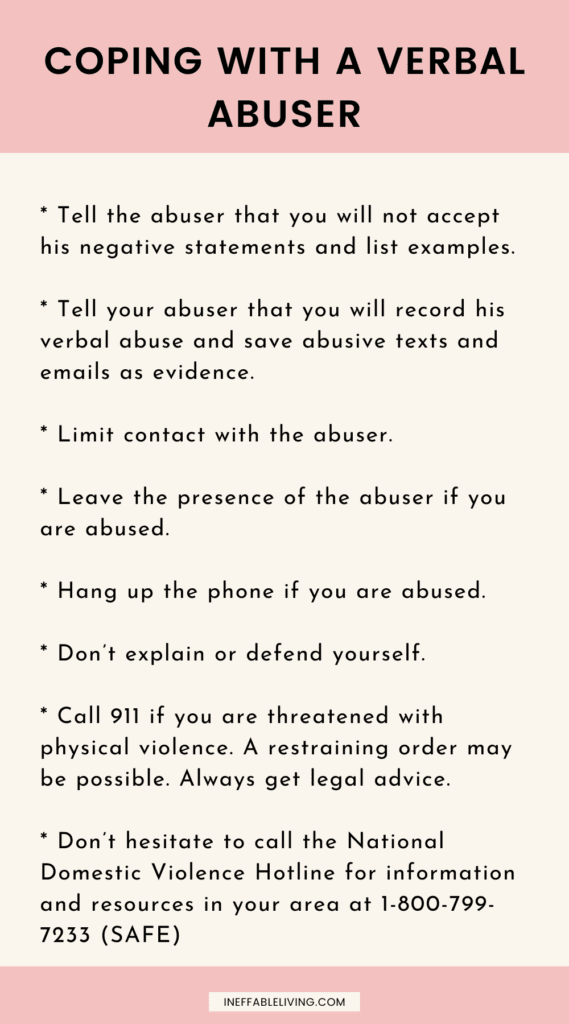
#7. Change the Old Messages
Past negative messages can have a lasting effect unless we deliberately choose to change them and replace them with more positive, realistic ones.
Messages like “You’re worth nothing,” or, “You’ll never be able to do anything,” can make you paralyzed with fear of failure and rejection.
In order to change these messages, you need to first identify them.
Take a moment and get out a piece of paper and try to use single words or short phrases to describe what you think of yourself.
Examine your list and ask yourself, “Is this an opinion I came to on my own? Or did I hear or feel it from someone else?”
Identifying these negative messages and where they came from will help you bring them from your subconscious to your conscious mind to be reevaluated and processed in a more rational way.
But it’s not enough to recognize that these messages aren’t rational or justified, you need to also replace them with positive, more realistic messages of self-worth and acceptance.
Even though you might believe that positive messages are more credible if they come from other people, it is important that these messages come first from you.
Place “You Are Worthy!” stickers where you will see them often (on the refrigerator, phone home screen, work desk, or bathroom mirror).
Communicate these messages through actions by getting yourself a new haircut, taking time to do the things you enjoy, and scheduling “me” time every now and then.
Related: 45 Easy Self Care Day Ideas at Home for a Healthy Mind, Body & Soul
At first, this might feel awkward; that’s because it is. But to change your distorted beliefs about yourself, you need to first change your words and actions – you need to do it, not because you believe it, but because you know it’s the right thing to do.
Related: How to Challenge and Change Your Negative Core Beliefs?
#8. Take Back Your Power
Most people who have been emotionally abused had their personal power taken from them as children and continued to relinquish their power to others as adults.
This is one of the main reasons why victims of abuse tend to get into abusive relationships. It’s a way of compensating for their lack of personal power.
Admitting that you have been emotionally abused and directly or indirectly confronting your abuser is a first step to taking back your personal power.
A second step is to convince yourself that you don’t deserve to be abused. Recognize that, as an adult, no one has the right to dictate how you should think, feel, or act.
#9. Set and Enforce Healthy Boundaries
Setting healthy boundaries will not only keep you safe but also help you further empower yourself.
An emotional boundary represents a limit as to what feels appropriate and safe.
What feels inappropriate to you may feel appropriate to someone else and so unless you let them know that you won’t tolerate the way they’re treating you, they will continue doing that. That doesn’t help either one of you.
Emotional abuse is essentially a boundary violation, be it accidental or deliberate.
Identify Your Boundaries
To set boundaries, you need to first identify what these boundaries are – what you will and will not accept in your relationship.
Take a few minutes to think about specific behaviors that you are no longer willing to tolerate.
Complete the following sentence: “I will no longer tolerate…”
For example, “I will no longer tolerate being made fun of.”
Communicate Your Boundaries
Clearly state what you will and will not tolerate from your partner or other people in your life.
For example, “It is no longer acceptable to me for you to criticize and correct me. I am not a child, and I don’t expect to be treated like one.”
You don’t have to explain or justify your boundaries. If the other person isn’t very willing to honor your limits, consider going through with the consequences.
For example, if you made it clear that you don’t want to discuss a personal matter and the other person isn’t respecting your wish, consider leaving the room or ending the conversation.
Related: How to Firmly Establish and Enforce Healthy Emotional Boundaries?
#10. Seek Healthy Relationships
The best way to change your beliefs about relationships is to seek relationships where healthy patterns can be modeled for you.
This can be done by joining a service club or church.
Services groups are always in need of help and are highly appreciative of those who take the time to volunteer. The appreciation and the effects of your work can record some of your negative messages.
Surround yourself with positive people who will support you and appreciate you for who you are.
If you can’t think of a safe person who’s willing to listen, try 7cups of tea. It is an online service with thousands of volunteer listeners stepping up to lend a friendly ear.
Seeking the professional help of a mental health counselor is a great way when dealing with such a charged subject.
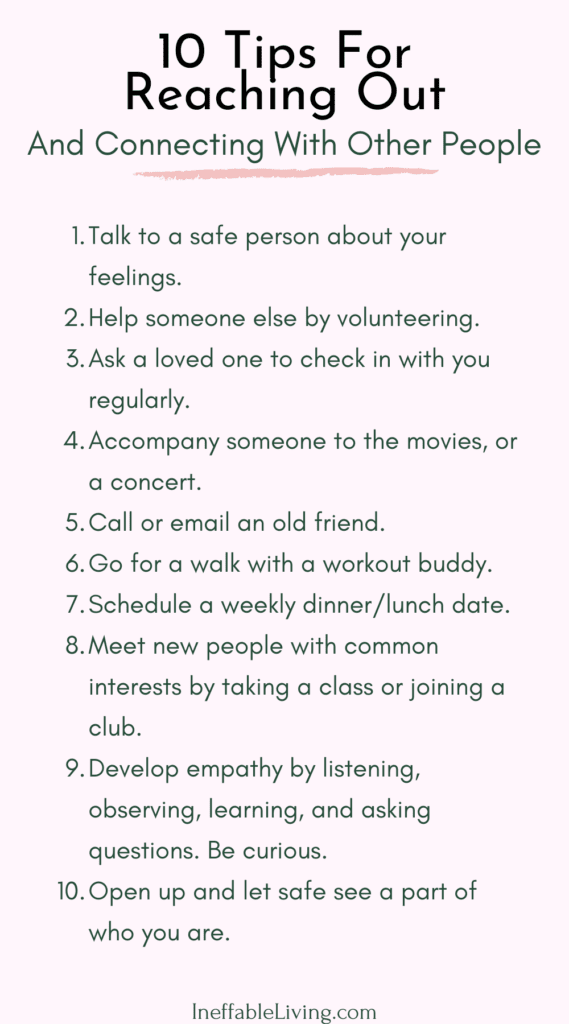
#11. Manage Your Emotions More Effectively
If you were abused as a child, intense emotions like fear, anger, and guilt were probably left with no healthy model of how to soothe and cope with them.
You might find yourself sensitive to any perceived hurt (e.g. a casual comment at work) and might react with anger, fear, or feelings of guilt, instead of allowing yourself to feel hurt.
The person who set you off might not even understand what they had done, or why you are acting in a way that is wildly out of proportion.
Journaling or speaking with a safe friend or therapist, can help you examine your emotions, experience them in a healthy, and learn from their feedback.
Related: The Complete Guide to Understanding Your Emotions
If you can’t seem to access these emotions and find it hard to open up about them, practices of mindfulness can help you get in touch with your emotions and inner thoughts.
Mindfulness exercise to help you connect with your emotions and body:
1. Choose a task that you normally do on a daily basis, like brushing your teeth or taking a shower.
2. Try to focus your attention on the task, bringing all of your senses to the experience.
3. If you’re taking a shower, feel and listen to the water pouring against your skin, and smell the shampoo you’re using, and visualize details you don’t usually notice, such as the iridescence of the bubbles.
#12. Recognize Your Abuse through Your Children
Emotional abuse is usually self-perpetuating. The cycle is repeated throughout relationships and across generations. The father who emotionally abuses his child has probably been abused by his own father, and so on.
This is why nothing can make you more aware of your childhood emotional abuse than observing your own way of treating your children.
Because there is too much at stake, you shouldn’t turn away from examining your behavioral patterns and putting an end to the cycle of abuse.
Related: 6 Ways to Heal From a Narcissistic Parent
Conclusion
Emotional abuse often goes undetected, but even those who realize they are being emotionally abused may blame themselves or make excuses for the abuser.
When you allow emotional abuse to continue, you are actually participating in creating a dysfunctional relationship.
It’s important to become aware of emotional abuse and stop it as soon as possible.
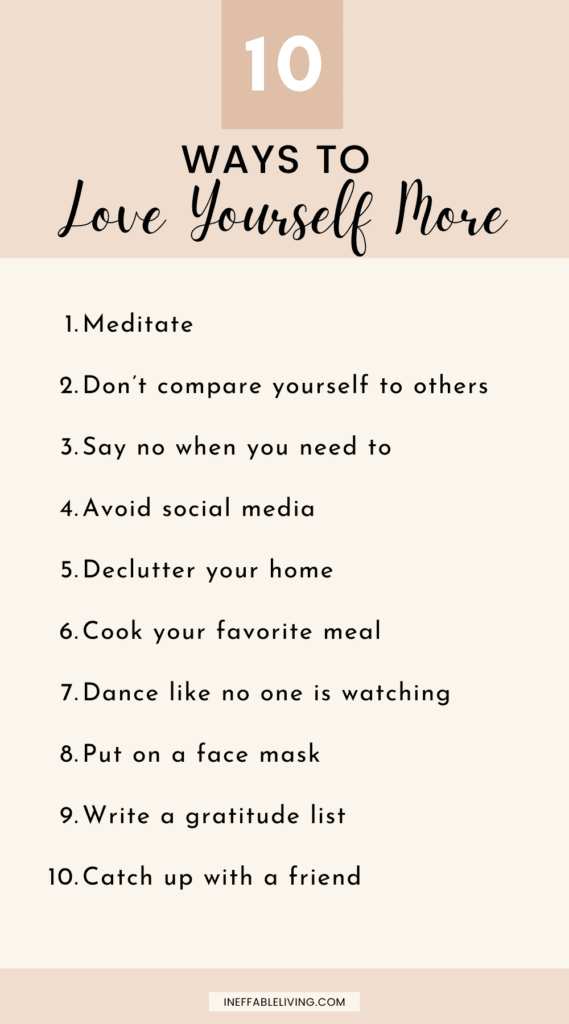

References
- Portions of this article were adapted from the book Healing the Scars of Emotional Abuse, © 2003 by Ann McMurray and Gregory L. Jantz. All rights reserved.
- Portions of this article were adapted from the book Victory Over Verbal Abuse, © 2011 by Patricia Evans. All rights reserved.
- Portions of this article were adapted from the book The Emotionally Abusive Relationship, © 2002 by Beverly Engel. Jantz. All rights reserved.
- Abusive Relationships: 6 Signs To Look For (webmd.com)
- 9 Signs of an Abusive Relationship and How to Seek Help (insider.com)
- 10 Signs of an Emotionally-Abusive Relationship (brides.com)
- (PDF) Commitment: The Key to Women Staying in Abusive Relationships (researchgate.net)
- Perceptions of Why Women Stay in Physically Abusive Relationships: A Comparative Study of Chinese and U.S. College Students – Brandie Pugh, Luye Li, Ivan Y. Sun, 2021 (sagepub.com)
- Eight Reasons Women Stay in Abusive Relationships | Institute for Family Studies (ifstudies.org)
- Development and validation of the TAR Scale: A measure of technology-facilitated abuse in relationships – ScienceDirect
- Abuse in Intimate Relationships (musc.edu)
